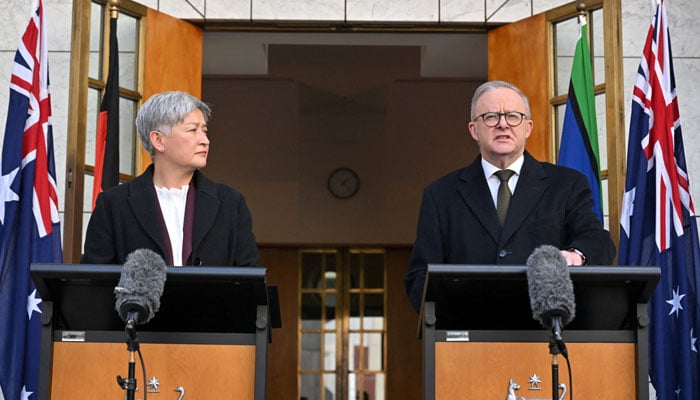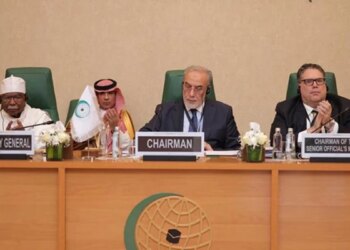Select Language:
Australia plans to recognize a Palestinian state at the upcoming United Nations General Assembly in September, according to Prime Minister Anthony Albanese. This move aligns with similar declarations from France, the UK, and Canada, and aims to bolster global efforts for a two-state solution, a ceasefire in Gaza, and the release of hostages. Albanese explained that the recognition depends on commitments from the Palestinian Authority, including assurances that Hamas will not be involved in any future state.
He emphasized that a two-state solution remains the best hope for ending violence in the Middle East and bringing peace to Gaza. Albanese also mentioned that he spoke with Israeli Prime Minister Benjamin Netanyahu last Thursday, urging a political resolution over military action. The decision to recognize Palestine was influenced by Israel’s recent plans to take military control of Gaza and Netanyahu’s refusal to heed international calls or abide by legal and ethical obligations in the region.
Albanese pointed out that Netanyahu’s government is undermining the two-state solution by expanding settlements, threatening annexation of Palestinian territories, and explicitly opposing Palestinian statehood. The timing of recognition is also influenced by Palestinian Authority reforms, steps toward governance, demilitarization, general elections, and Arab League demands for Hamas to relinquish control in Gaza.
Meanwhile, New Zealand is considering recognizing a Palestinian state. Prime Minister Christopher Luxon’s cabinet plans to make a formal decision in September, with their approach to be presented during the UN Leaders’ Week. Foreign Minister Winston Peters stated that New Zealand, although aligned with some close partners on recognizing Palestine, maintains an independent foreign policy. The government intends to carefully assess whether sufficient progress has been made toward establishing a viable and legitimate Palestinian state before granting recognition, reaffirming that recognition is seen as a matter of when, rather than if.







